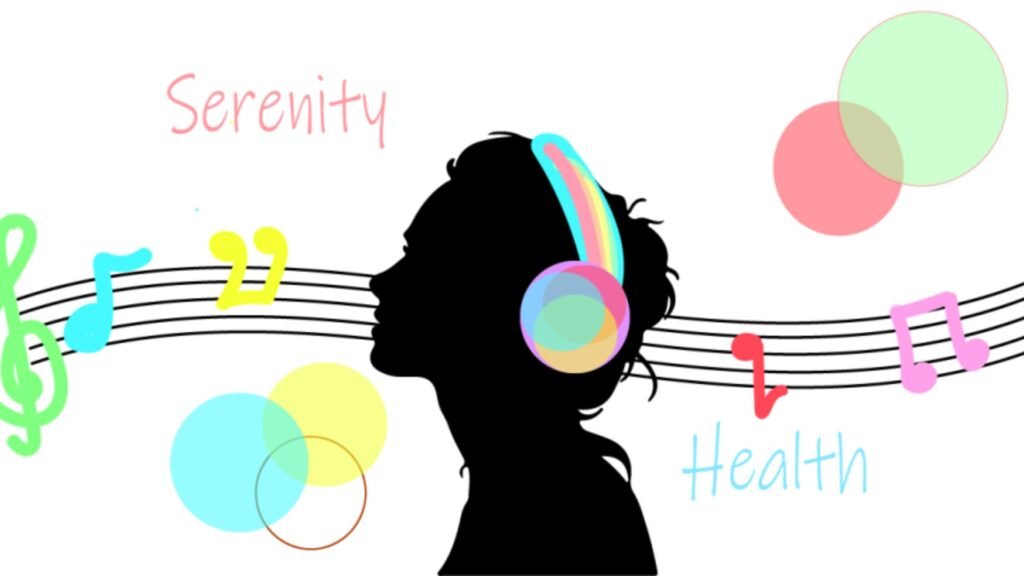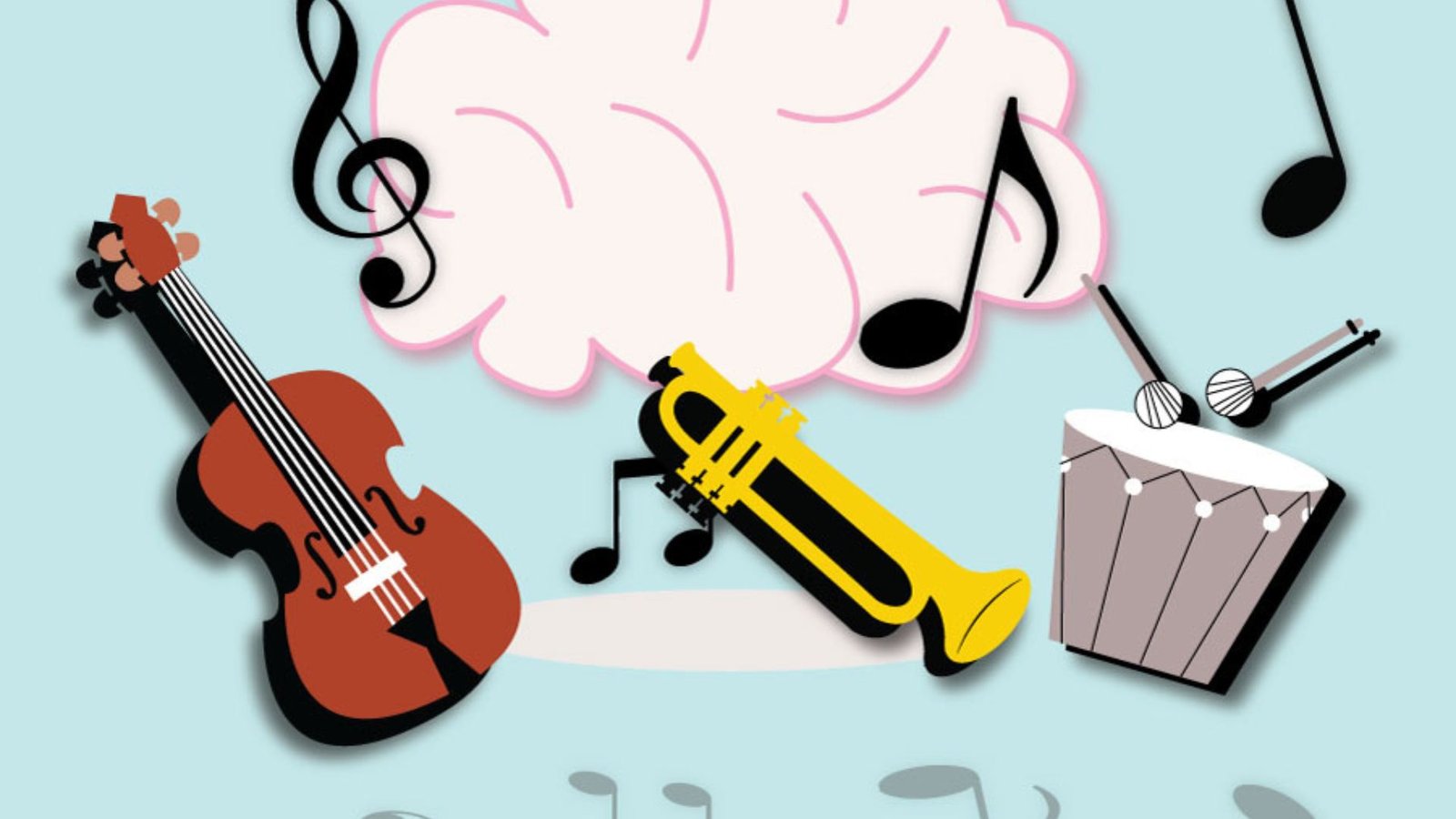Music has a powerful influence on our emotions and mental well-being. From lifting our spirits to providing comfort during tough times, music plays a significant role in our daily lives. In this blog post, we’ll explore how music affects mental health, examining both its positive and negative impacts.

The Positive Impact of Music on Mental Health
Enhancing Mood
Music can significantly enhance mood and boost emotional well-being. Listening to uplifting or favorite songs releases dopamine, a neurotransmitter associated with pleasure and reward. This can lead to feelings of happiness and relaxation. For instance, upbeat genres like pop and dance music often improve mood and energy levels, while soothing classical or ambient music can promote relaxation.
Reducing Stress and Anxiety
Music has been shown to reduce stress and anxiety levels. Slow-tempo music, especially instrumental or classical pieces, can lower cortisol levels, which are associated with stress. Listening to calming music can help slow the heart rate, reduce blood pressure, and ease muscle tension. This relaxation response can be beneficial in managing daily stressors and anxiety.
Improving Sleep Quality
Music can improve sleep quality and help with insomnia. Listening to calming music before bed can promote relaxation and prepare the body for sleep. Studies have shown that classical or instrumental music can enhance sleep quality by helping people fall asleep faster and experience more restful sleep. Creating a soothing bedtime routine with music can be a simple yet effective way to improve sleep.
Boosting Cognitive Function
Music can also boost cognitive function and memory. Research suggests that listening to music, particularly classical or instrumental, can enhance concentration and focus. Music therapy has been used to support cognitive functions in people with dementia and other neurological conditions, highlighting its potential benefits for mental agility and memory retention.
Facilitating Emotional Expression
Music provides a safe outlet for emotional expression. Writing lyrics, composing music, or simply listening can help individuals process and express their feelings. For many, music serves as a form of therapy, allowing them to explore and release emotions that might be difficult to articulate in words. This therapeutic aspect of music can aid in emotional healing and self-awareness.
The Negative Impact of Music on Mental Health
Triggers for Negative Emotions
While music can be therapeutic, it can also trigger negative emotions or memories. For some individuals, certain songs or genres might evoke feelings of sadness, anger, or nostalgia. For example, music associated with past traumatic events or emotional experiences can sometimes exacerbate negative feelings rather than alleviate them.
Overstimulation and Stress
Certain types of music, particularly high-tempo or loud music, can contribute to overstimulation and increased stress levels. Continuous exposure to fast-paced or aggressive music might lead to heightened anxiety or irritability in some individuals. It’s important to be mindful of how different types of music affect your mood and mental state.
Disruption of Routine
In some cases, excessive or inappropriate use of music can disrupt daily routines or responsibilities. For instance, listening to music during important tasks or while trying to focus might lead to decreased productivity or concentration. It’s crucial to balance music listening with other activities to maintain a healthy routine and prevent any negative impacts.
Social Isolation
Music can sometimes lead to social isolation if it becomes a way to escape from social interactions or responsibilities. Excessive use of headphones or constant music listening might result in reduced social engagement and communication with others. Maintaining a balance between music and social activities is essential for overall mental well-being.
Conclusion
In summary, music has a profound impact on mental health, offering both positive and negative effects. It can enhance mood, reduce stress, improve sleep, boost cognitive function, and facilitate emotional expression. However, music can also trigger negative emotions, cause overstimulation, disrupt routines, and potentially lead to social isolation. By being mindful of how music affects you personally, you can harness its benefits while managing any potential drawbacks. Music remains a powerful tool for enhancing mental well-being when used thoughtfully and in balance with other aspects of life.




